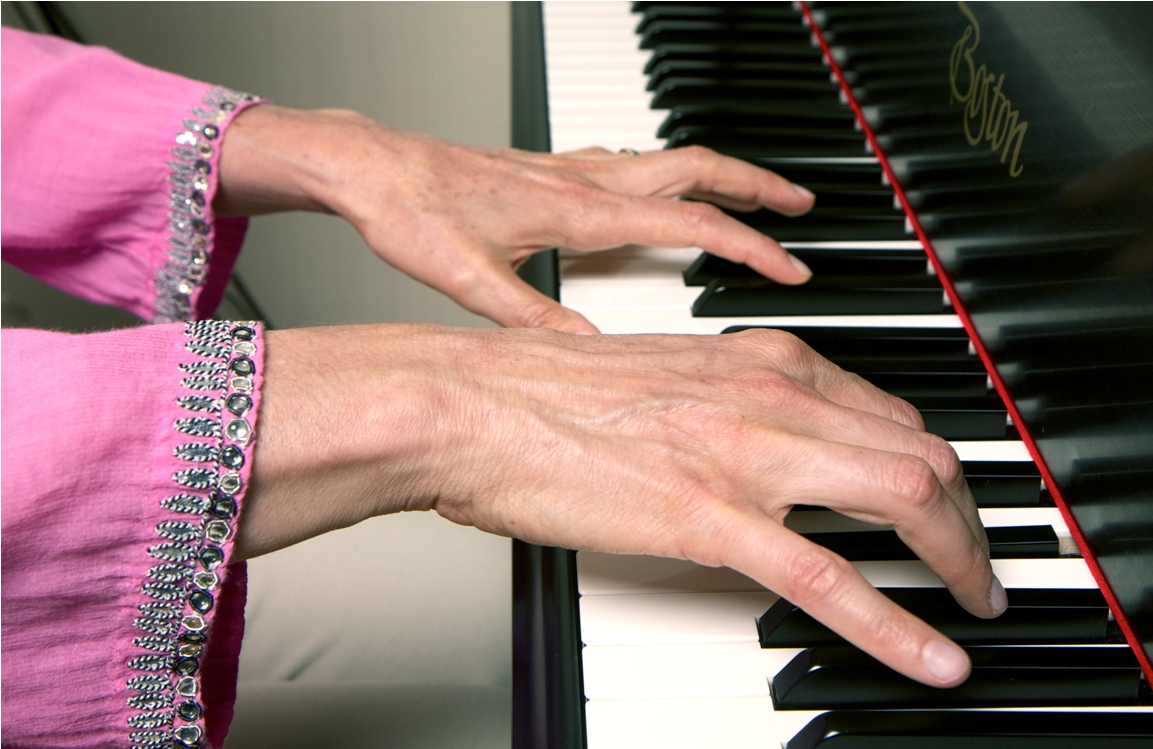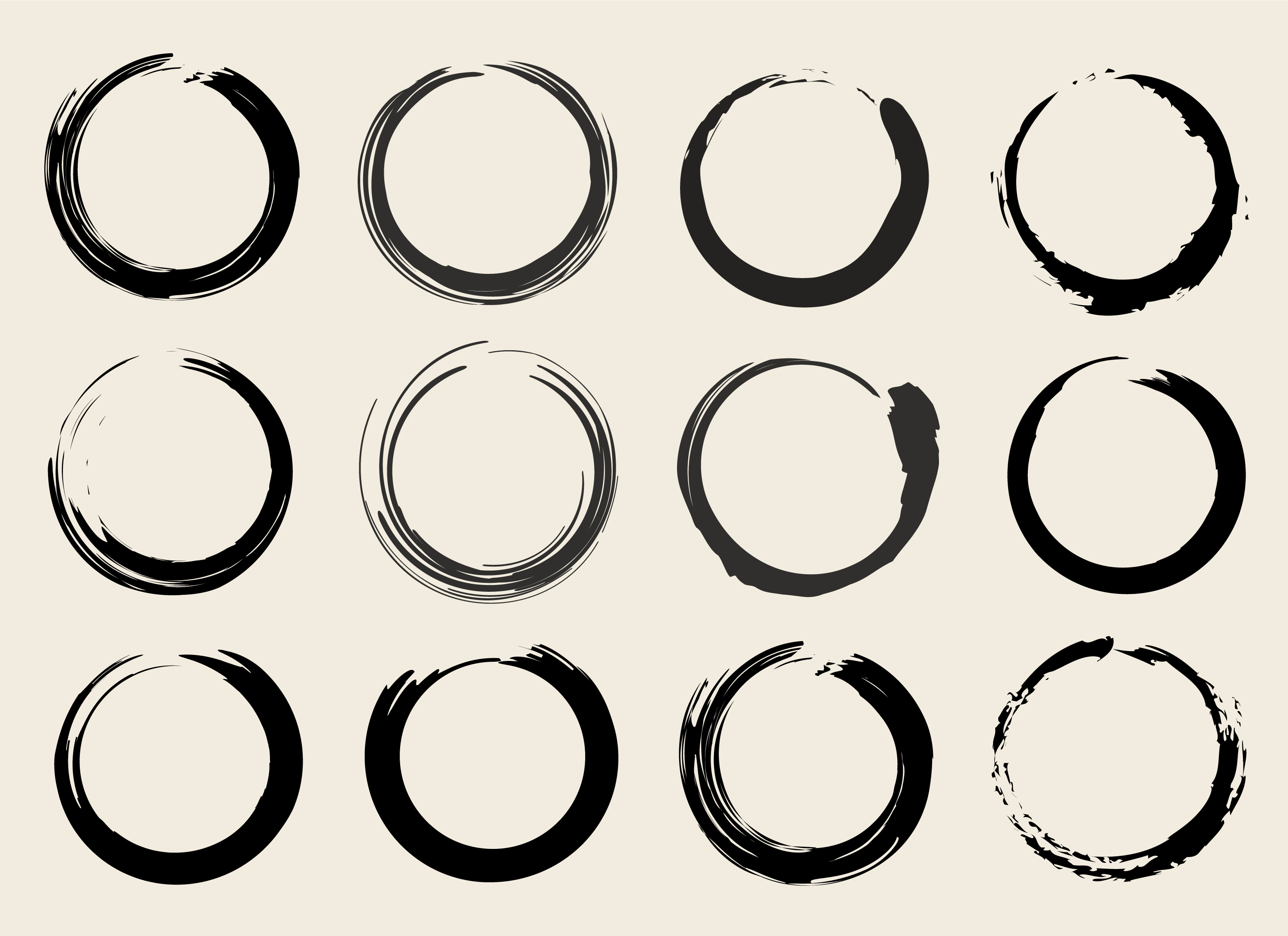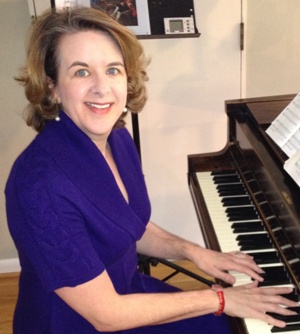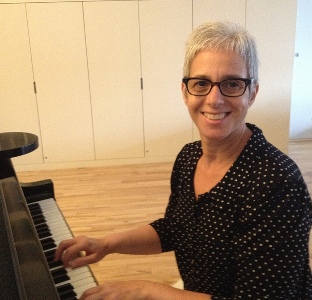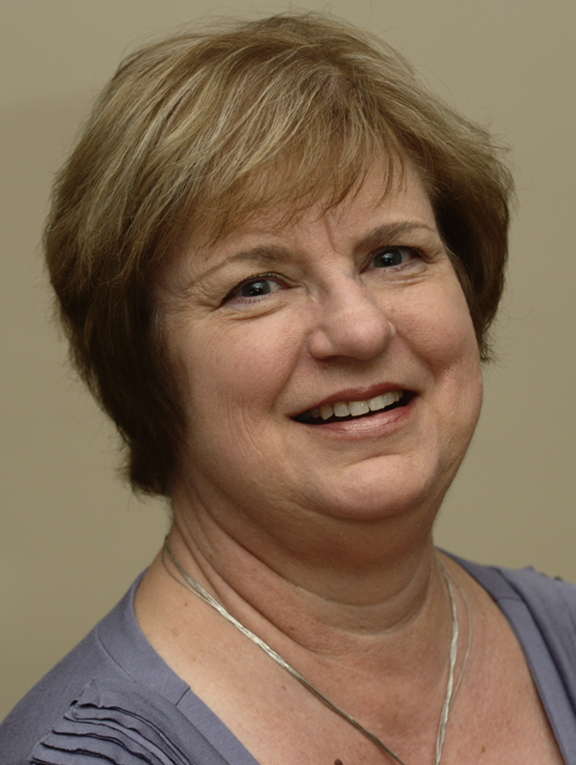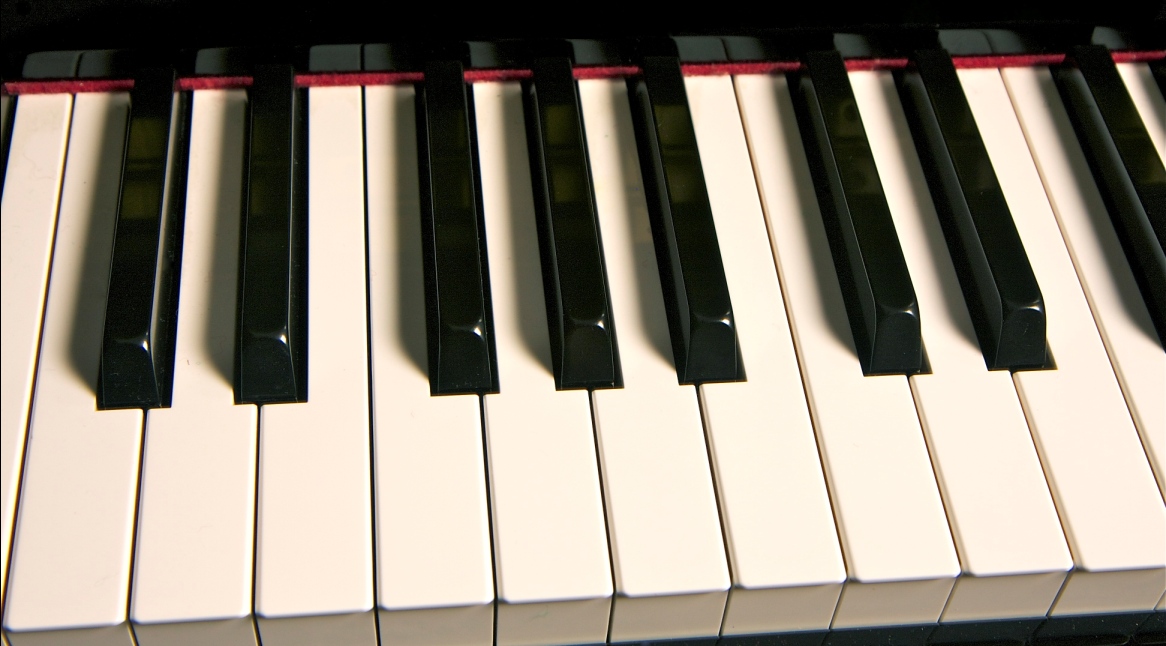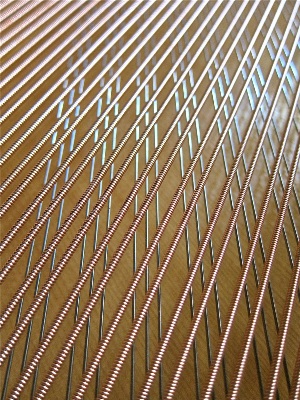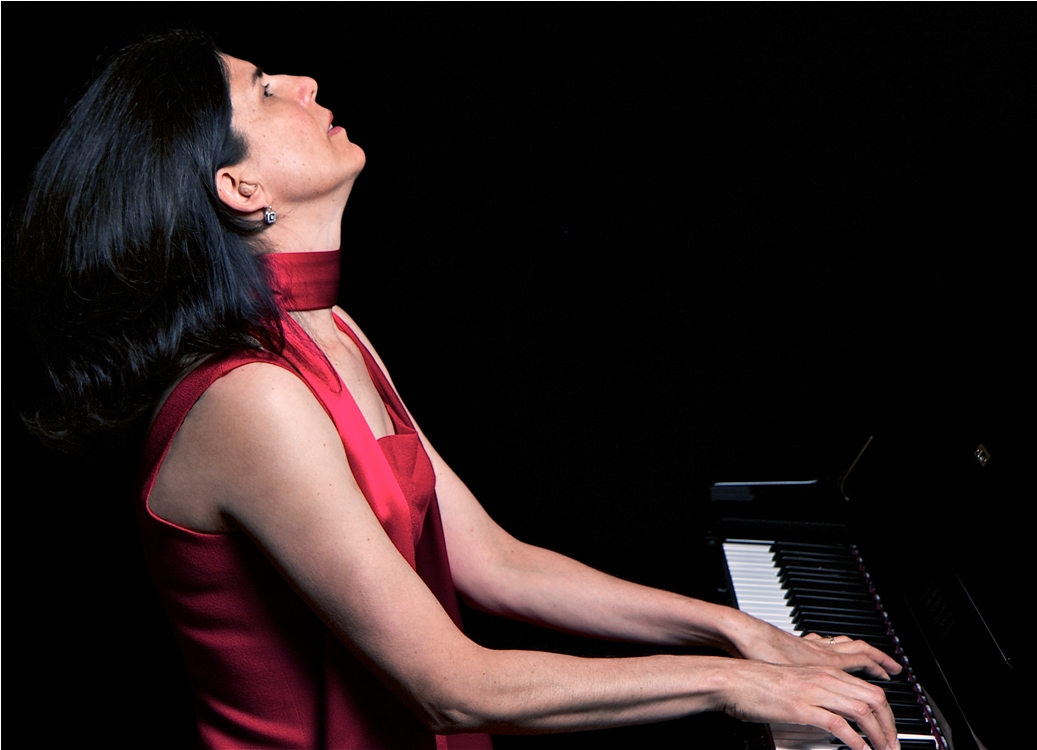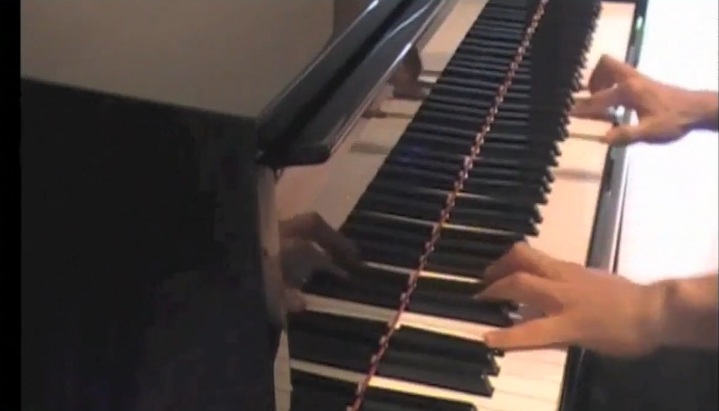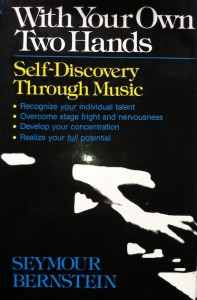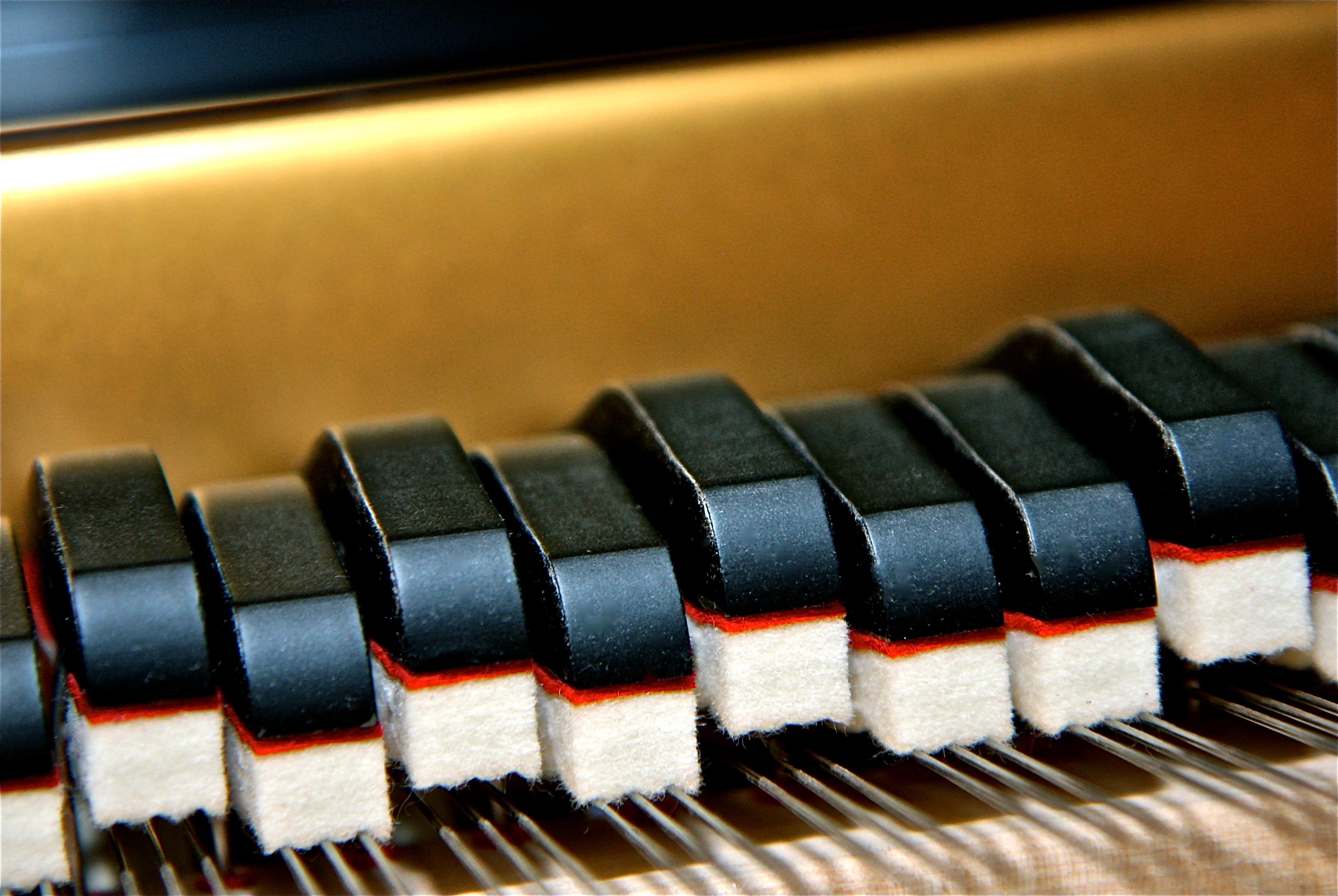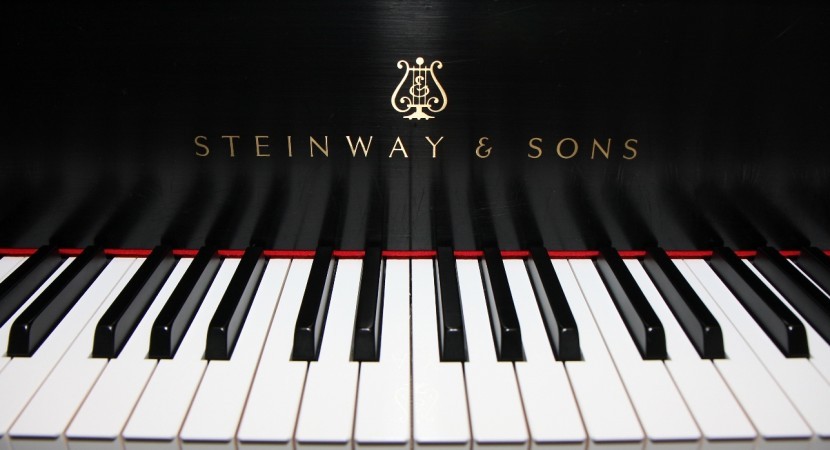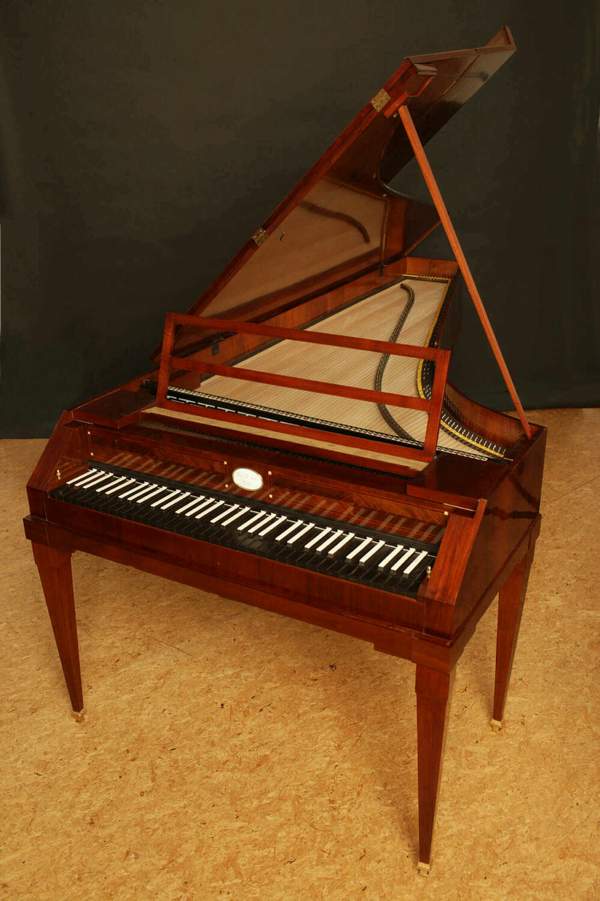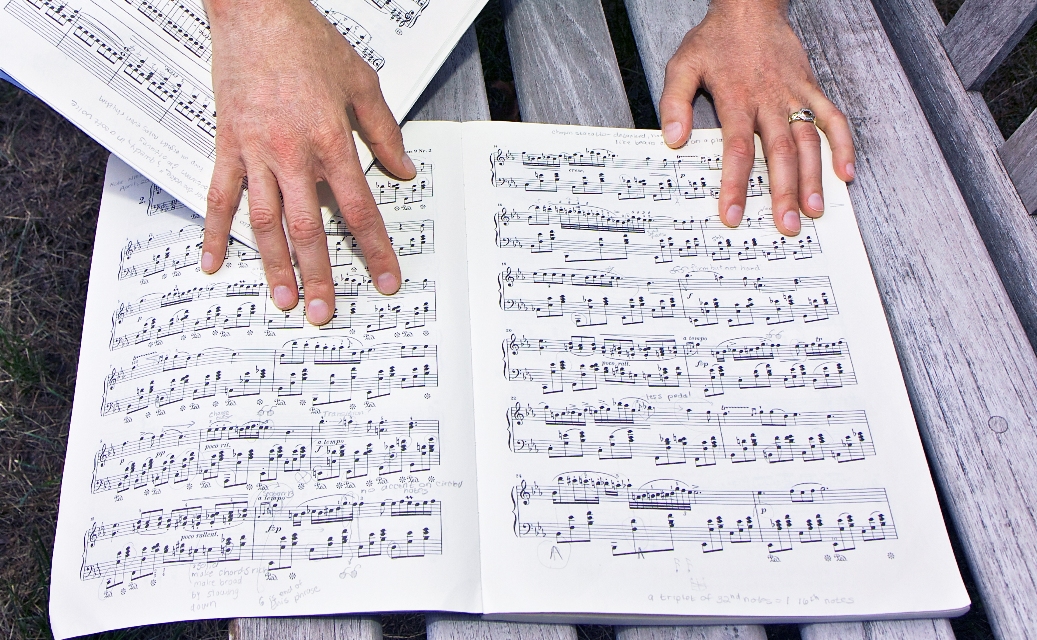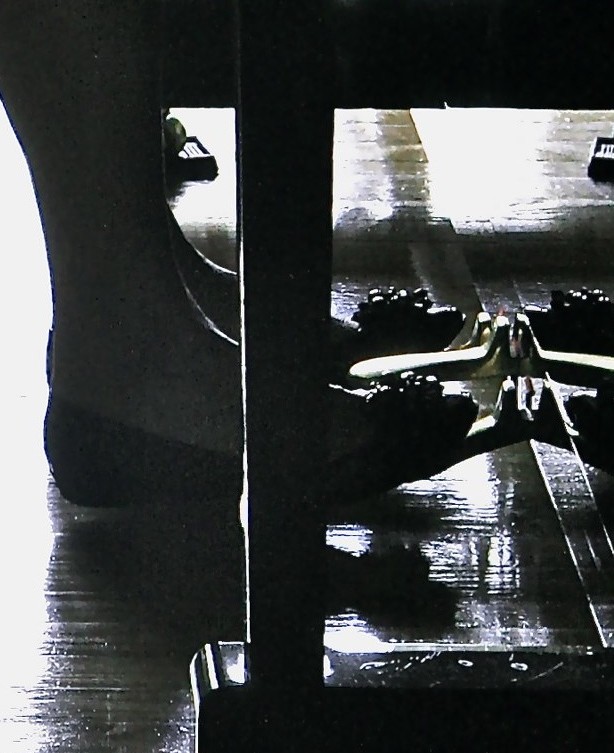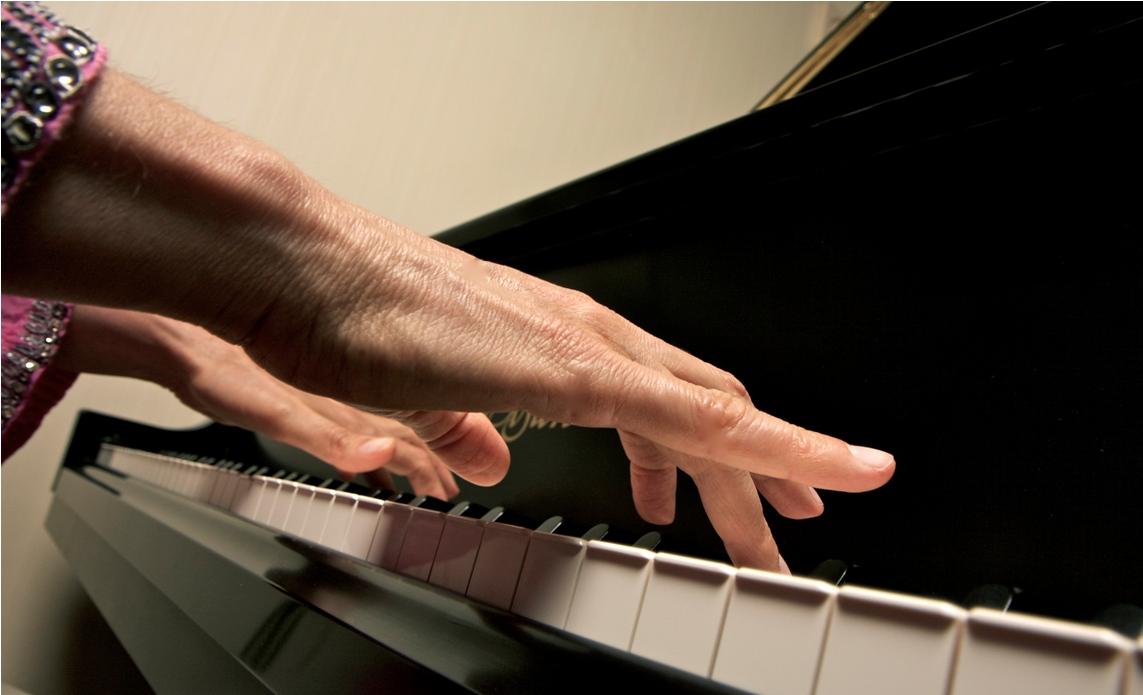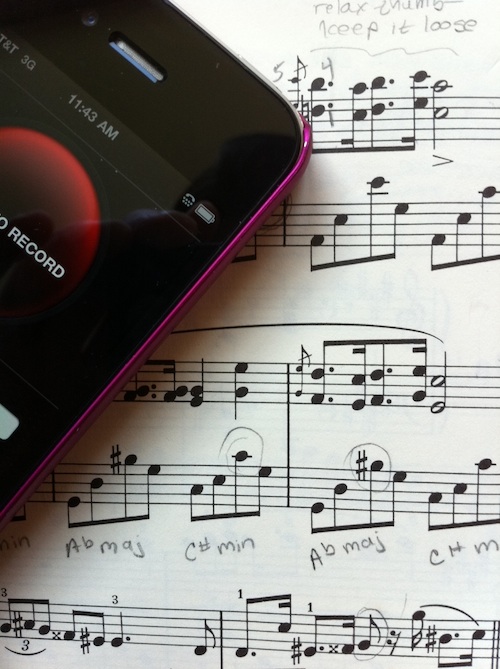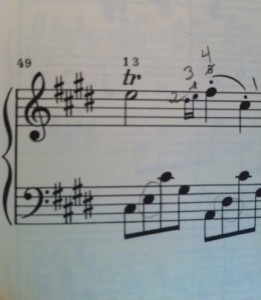You have defined the characteristics of your dream teacher and developed a list of potential candidates, and now your search for a good piano teacher begins to sizzle.
How to practice piano
How to Find a Good Piano Teacher: Getting Started
The question I receive most often from readers of GRAND PIANO PASSION™ is whether I might be able to recommend a good piano teacher.
Expression Is the Need of My Soul
I have often walked by my piano, even though I know that when I play I solve problems better, I am more peaceful, and I have a sense of positive fullness.
Adult Piano Lessons in a Time-Starved World
I went back to practicing piano as an adult in part to save time. My piano teacher would come to my house if we had multiple lessons.
Rushing Haydn in Adult Piano Lessons
I have never been one to do anything slowly. I entered high school at age 12, college at 16, and was a vice president in a male-dominated industry at 30. That is, until I studied Haydn.
When Your Piano Teacher Doesn’t Fit
Sometimes when students remain stuck with a teacher ill-suited to their needs, the results may be more dire than expected.
Bottoms-Up with Sight-Reading
Fellow Stumblers: I suspect there are no quick answers to sight-reading classical piano music and perhaps also no magical moment where sight-reading just happens (though I sometimes dream there is). I do know that it does gradually get better.
Practicing Classical Piano Music in Your Mind
I fell in love with the Chopin Nocturne in E-flat Major after I heard the work performed in concert. Five times the melody arched up over an octave, as though calling out.
Lowered Shoulders: When Piano Technique Spreads Out to Life
When I enrolled in adult piano lessons in my early forties, after a twenty-five year hiatus, my piano teacher, Stephen, pointed out that I held my shoulders scrunched up towards my neck.
When You Need a Quiet Piano
Ricker Choi is an accomplished amateur pianist from Toronto, Ontario. In the last five years, he has placed in amateur piano competitions from Boston to Berlin.
Book Review – With Your Own Two Hands: Self Discovery Through Music, by Seymour Bernstein
During a performance of the luscious Arietta from Beethoven’s Opus 111 Sonata, the concert pianist Seymour Bernstein made the mistake of opening his eyes. Usually the Arietta transported him to such a degree that he played the music with his eyes closed, his head leaning back.
Burgmüller’s Opus 109 Amplified
In this practice video, I play the first section of The Pearls, Burgmüller Opus 109. Unfortunately, my extended pinky problem made an unwelcome appearance.
The Shape of Scales in Adult Piano Lessons
My piano teacher said something useful (she often does). She said, “I don’t pay any attention to black or white notes, because they are all the same.”
Book Review: What to Listen for in Music, by Aaron Copland
The intelligent listener—not to mention the intelligent student of adult piano lessons—”must hear the melodies, the rhythms, the harmonies, the tone colors in a more conscious fashion. But above all, [s]he must, in order to follow the line of the composer’s thought, know something of the principles of musical form.”
A Score Without the Piano in Adult Lessons
During my first year of adult piano lessons, my piano teacher Stephen had the temerity to suggest that I study the score away from the piano.
No Pedal Please: A New Approach in Adult Piano Lessons
My grandfather, Harold, who lived to 91, could navigate routes through Pittsburgh even after he became legally blind. Harold advocated finesse behind the wheel.
The Case of the Extended Pinky
Last summer, when I clicked through photographs for my website, I noticed something amiss on the shots of my hands at the piano. The pinky of my right hand, rather than cupping over the keys, jutted straight out, flexed with an unnatural tension.
Press Record to Improve Your Sound
Several years ago, my piano teacher, Stephen Wu, suggested in his low-key manner that I record myself when I practiced. I allowed a lot of time to elapse before I finally worked up the courage to follow his suggestion, despite his occasional, gentle reminders.
Using a Metronome to Master Piano Trills
Sometimes gripping something one wants out of life is an effective strategy. But in the case of Chopin’s C-sharp minor Nocturne, my determination resulted in a tensed hand, preventing me from playing these piano trills without sufficient fluidity or speed.


